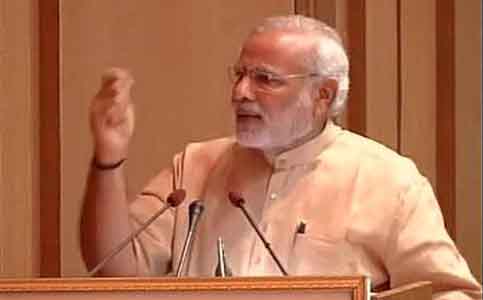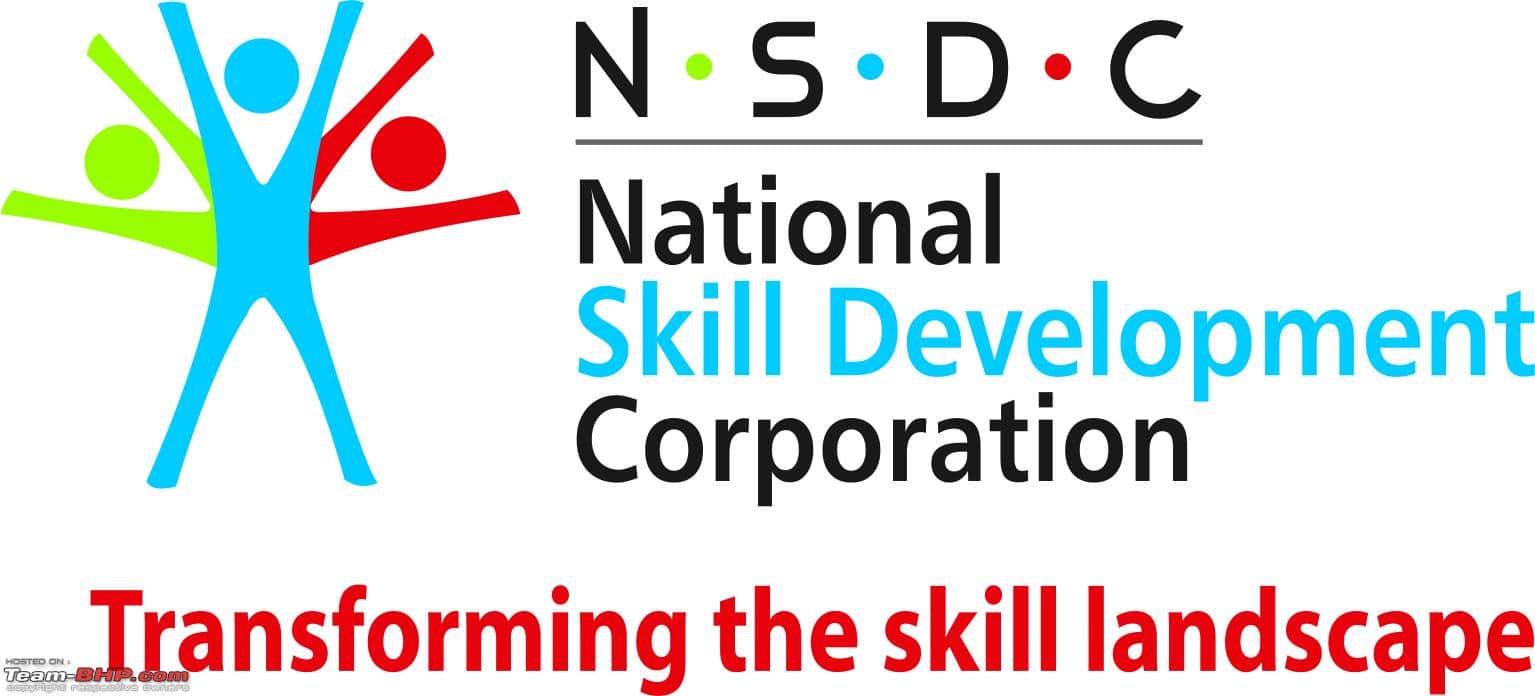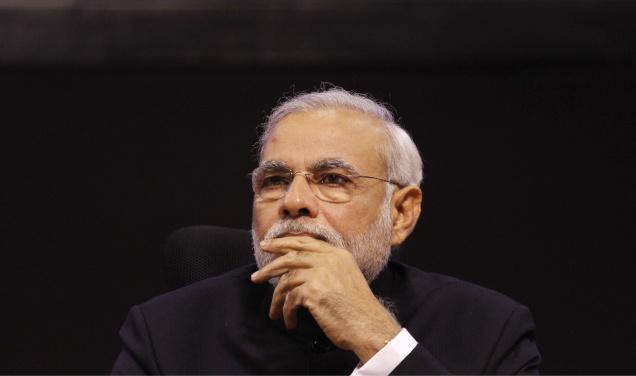 In a huge stimulus to Indian students, scholarships worth US $1 million will be provided by US based Global Financial Education (GFS), a digital platform that provides financial education solutions to universities, schools, corporations, libraries and individuals.
In a huge stimulus to Indian students, scholarships worth US $1 million will be provided by US based Global Financial Education (GFS), a digital platform that provides financial education solutions to universities, schools, corporations, libraries and individuals.Scholarships worth $ US 1mn for Indian students
 In a huge stimulus to Indian students, scholarships worth US $1 million will be provided by US based Global Financial Education (GFS), a digital platform that provides financial education solutions to universities, schools, corporations, libraries and individuals.
In a huge stimulus to Indian students, scholarships worth US $1 million will be provided by US based Global Financial Education (GFS), a digital platform that provides financial education solutions to universities, schools, corporations, libraries and individuals.Financial Inclusion for NSDC trainees
Scientists to teach in schools, colleges
The modalities are being worked out to identify schools and colleges for this purpose in coordination with the Ministry of Human Resources Development.
Attend classes and win a smartphone: MP Govt to students
NSDC push to innovative solutions for skill challenge

Eminent Sanskrit scholar calls on PM
Social Crime if Coming Generation not Connected to Technology: PM
In a unique exercise carried out on the occasion of Teacher’s Day, Prime Minister Narendra Modi put technology to some good use to address children across the country. Around 12 million students across the country were connected via video conferencing with the PM. The highly anticipated speech was also streamed live on various government channels through television, radio and the Internet.
Here are some highlights of the Prime Minister’s address to the students of the nation:
“A good teacher is one who also learns in the process of teaching. Slowly, this occasion is losing value.”
“Today, Teacher’s Day is often limited to awarding teachers. We need to highlight teacher’s importance in society and till the time we don’t accept the importance, nor will there we pride for teacher, nor will there be much success in the teacher bringing the required change in the progress of future generations.”
“What is the reason that very capable students don’t want to become teachers? There is huge demand for good teachers worldwide and there is a dearth of them. India is a young country. Why can’t we export world-class teachers? Why can’t we inspire students to become excellent teachers and help in nation-building?”
“Sarvapalli Radhakrishnan served the nation passionately. His idea of a celebrating teacher’s day and not his birthday is great. You may ask any celebrity and in most cases, they will say that their success is attributed to my mother and my teacher.”
“There was a time when teachers, especially in rural India, were highly respected. We can revoke that situation. Many among you must be restless on weekends to meet teachers on Monday. Our teacher is often our hero and best friend.”
“I had said on August 15 that I wish that this year there are no schools where there are no separate toilets for girls in our country. When I went into details of it, I realised the seriousness of the issue. I need help from all schools and teachers. I met an Indian family in Japan which explained that as a process for character building, teachers and students clean their schools and toilets. Unfortunately in India the conditioning is such that the media has on occasions created ruckus where children were doing cleaning in schools.”
“Nation building should be made a revolution. Why not join energies? There should be efforts towards building a national character.”
“I don’t believe that circumstances can stop anyone if one has the will. I believe our youth have it in them to move forward.”
Technology is gaining tremendous significance. I would like to tell our teachers that it will be a social crime if the coming generation is not connected to technology.”
“We should play sports and enjoy in this age. Life should not be restricted to books, TV, computers. How many of you like reading besides school text books? Who likes reading biographies? We go near history when we read biographies. It can be in any field, scientists, sports or corporate. The world is much bigger.”
“Today we are habitual to using the ‘Google Guru’. It is definitely helpful. Google gives information, but not knowledge.”
“Teachers have played a big role in shaping the future of many like us and we have to give them due respect.”
Modi asks Students to Dream and Do Something in Life
 The Indian Prime Minister was more than enthusiastic to interact with the students on the occasion of Teacher’s Day, who asked him questions from all walks of life. Narendra Modi went on to explain to them the importance of ideation and living life to the fullest with hard work. Excited about the idea of interacting with the Prime Minister on the occasion of Teacher’s Day, students flooded Narendra Modi with questions on a variety of subjects.
The Indian Prime Minister was more than enthusiastic to interact with the students on the occasion of Teacher’s Day, who asked him questions from all walks of life. Narendra Modi went on to explain to them the importance of ideation and living life to the fullest with hard work. Excited about the idea of interacting with the Prime Minister on the occasion of Teacher’s Day, students flooded Narendra Modi with questions on a variety of subjects.
The most basic came from a student who asked, “How did you feel when you left Gandhinagar to come to Delhi?” Modi replied by saying that he has not had the time to see Delhi. But thanks to his experience as a Chief Minister, the role of PM has not been too difficult. “The issues might have changed, the horizon expanded, and responsibilities increased and we have to work harder now, but it has not been very tough. But yes, now we have to be very careful about the words we use, because it can harm the country. Let’s see if there is much change in the future.”
In an effort to absorb from the experiences of Modi, a student sought to know what the biggest contributor to his life has been – experience or teachers. The PM said that although we are taught that experience is the biggest teacher, if one does not get the right teaching and values, experiences or situations can even destruct you. “It depends on how you are trained to absorb it,” he said.
The high points of the interaction came when a child clearly asked Modi how one could become the Prime Minister of a country. The Prime Minister said that sensitivity to serve your nation and its people teamed with hard work and passion can enable any son of this soil to reach the country’s highest chair, and there will be no stopping that person. On a lighter note, he also remarked that he would remain on the post till 2024 and that the student should start preparing for elections thereafter.
Modi also told students that most people are unhappy because they dream of ‘becoming’ something and not of ‘doing’ something. Encouraging students to dream and do something in life, he said, “In the course, when you achieve something, it is a great satisfaction.”
One quality of that the PM attributed his success to is the fact that he is a taskmaster; the fact that he believes in performance, work, and discipline, not just for others, but for himself before anybody else. The PM said that views and thought process of the new generation lifted his spirits and said in reply to a child that everybody in life is searching for the answer to who he is and the day we discover ourselves, it is one of the greatest things.
And moving towards a larger world view for delivering results, Modi gave an example from his Japan visit where he greatly admired the optimum use of technology. “While teaching is negligible, focus is on learning,” he said.
The Prime Minister also expressed concern about hygiene conditions in school, the environment, educating the girl child and other vital issues in the field of education that can change the course of our country’s future.
Celebrity Teachers
“Those who can’t do, teach.” This saying, however, has beenproved false by these celebrities, some of whom taught until their careers took off, while others went back to teaching long after they were successful.
- J K Rowling, the author of the world renowned Harry Potter series worked as an teacher in Portugal while writing the adventures of Harry Potter.
- Oprah Winfrey always said that if she wasn’t a talk show host, she would be a teacher. She opened The Oprah Winfrey Leadership Academy for Girls in South Africa and teaches lessons by using a web cam and a computer.
- Former US President Jimmy Carter was a Sunday school teacher.




























